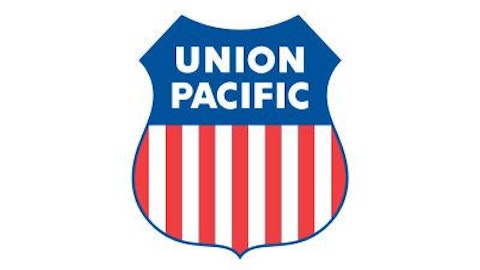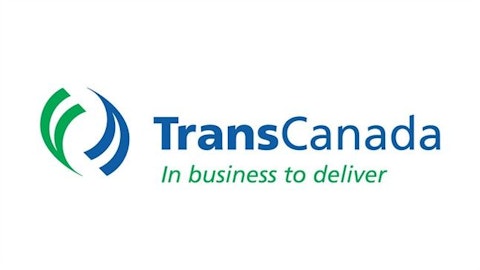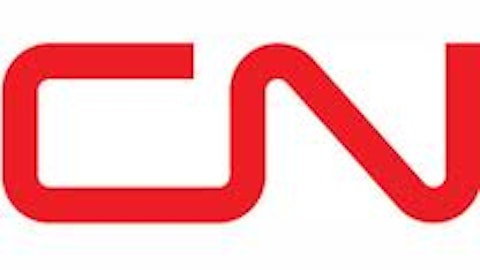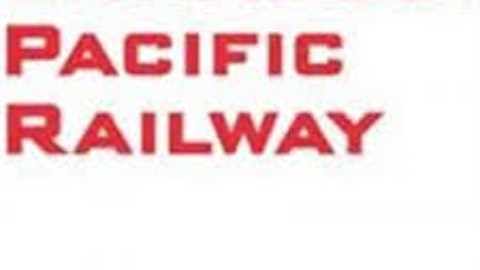In the past twelve months, Kansas City Southern (NYSE:KSU) has experienced significant gains on the market, heading from around $70 per share to $112.60 per share at the time of writing. At the end of 2013, Barron’s featured the company, thinking that Kansas City Southern (NYSE:KSU) could increase by around 20% in the next twelve months. So is Kansas City Southern (NYSE:KSU) cheap or expensive at its current price? Should investors buy the stock now? Let’s find out.
Leading position in Mexico railroads
Kansas City Southern (NYSE:KSU) is an operator of domestic and international railroads in North America, connecting key markets in the central U.S. with big industrial cities in Mexico. One of its subsidiaries, Kansas City Southern de Mexico, S.A., the key commercial corridor of the Mexican railroad system between Mexico and Laredo, Texas, serves the main industrial cities in Mexico and three big seaports. Many investors might know Laredo, as it carries more than 50% of all rail and truck traffic between the U.S. and Mexico. Moreover, Kansas City Southern (NYSE:KSU) also owns several other railway businesses, including Mexrail, Pabtex and Trans-Serve. Around 24% of the company’s total revenue was generated from the Industrial & Consumer Products market, while the Agriculture & Minerals and Chemical & Petroleum markets each accounted for 18% of the total 2012 sales.
Consistent growth with a reasonable amount of leverage
In the past four years, Kansas City Southern (NYSE:KSU) has experienced consistent growth in its top line and bottom line. Revenue increased from $1.48 billion in 2009 to more than $2.2 billion in 2012, while the net income rose from $68.1 million, or $0.60 per share to $379.4 million, or $3.43 per share during the same period. Kansas City is also considered a good cash generator. In 2012, its operating cash flow was $673 million and its free cash flow was $133 million.
What I also like about Kansas City is its strong balance sheet, which has a reasonable amount of leverage. As of March 2013, it had $3.18 billion in equity, $64 million in cash, and around $1.6 billion in debt. The company is trading at $112.60 per share, with a total market cap of $12.40 billion. The market seems to value Kansas City quite expensively, at 22.3 times its forward earnings.
But it was much more expensive than its bigger peers
Compared to its peers including Union Pacific Corporation (NYSE:UNP) and Canadian Pacific Railway Limited (USA) (NYSE:CP), Kansas City looks quite expensive. Union Pacific Corporation (NYSE:UNP) is trading at $157.50 per share, with a total market cap of around $73.5 billion. The market values Union Pacific Corporation (NYSE:UNP) at a much lower valuation than Kansas City, at 14.45 times its forward earnings. In the first quarter of 2013, around 20% of Union Pacific Corporation (NYSE:UNP)’s freight revenue was generated from Intermodal, while Coal and Industrial stayed behind, accounting for 19% and 18%, respectively, of the total revenue.




